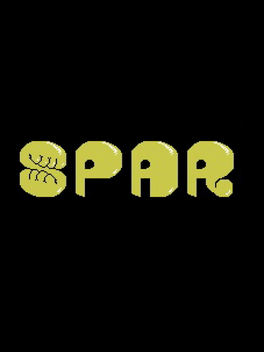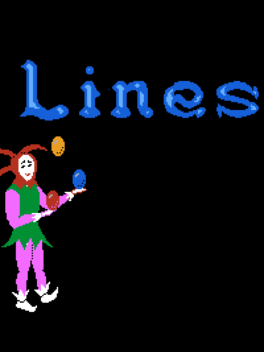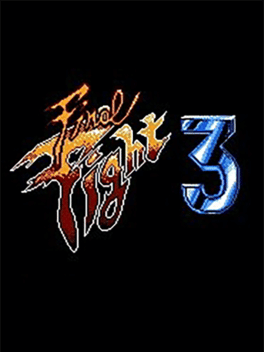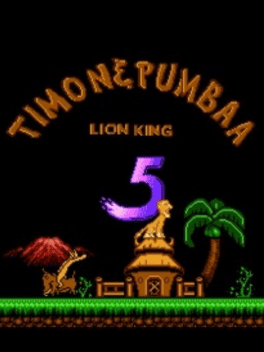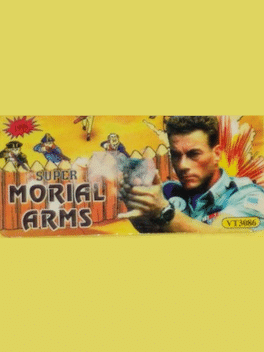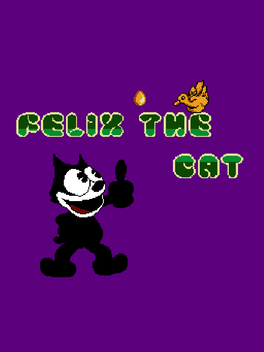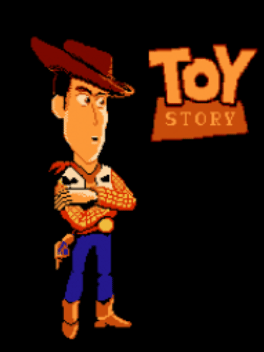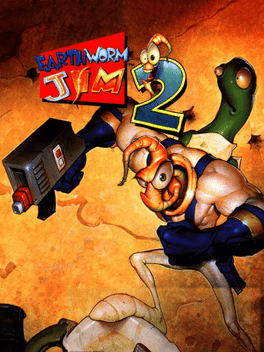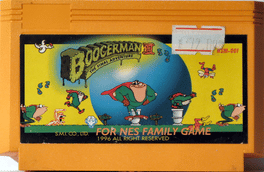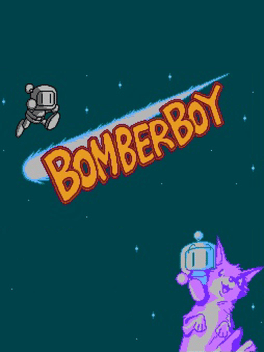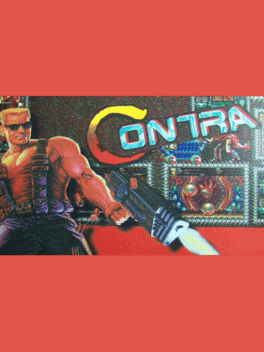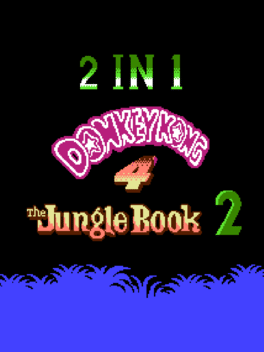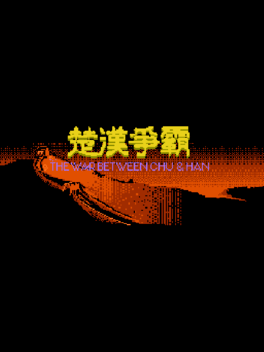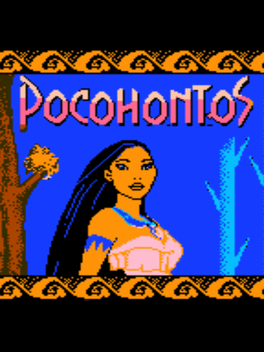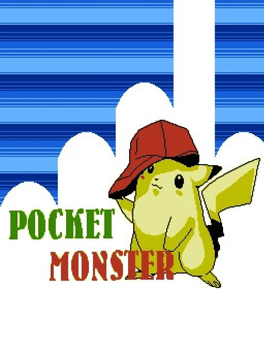New Famicom Games - Page 10
-
Spar
1998
Spar
1998
This hack changes the human fighters to resemble goblins, and replaces the city street setting with a forest setting. -
Snowfield Shoot
1998
-
Bandits
1998
-
Mars Man
1998
-
Lines
1998
Lines
1998
Lines is an unlicensed Russian port of an IBM match-five game called Color Lines for the NES. -
Final Fight 3
1998
Final Fight 3
1998
Final Fight 3 is a pirated port of the SNES game of the same name, made by Hummer Team in 1998. This is Hummer Team's last game published under J.Y. Company. This is a direct port of the SNES game. All four playable characters from the original game are present, as are most of the enemies, bosses, and rounds. However, the weaker enemies appear throughout the whole game. -
The Lion King V: Timon & Pumbaa
1998
The Lion King V: Timon & Pumbaa is a game released on the Famicom by Dragon Co. as a sequel to their first ever release, The Lion King III: Timon & Pumbaa. -
Super Morial Arms
1998
-
Felix the Cat
1998
Felix the Cat
1998
Felix the Cat is an unlicensed platform game developed and published by Dragon Co. in 1998. It is unrelated to Hudson Soft's official Felix the Cat title, released in 1992, but the gameplay of the two games is very similar. -
Toy Story
1997
-
Wait and See!
1997
Wait and See!
1997
Wait and See! is a platform game developed by Dragon Co.. The game has Nu, pogodi! (Ну, погоди!, a famous Russian series of theatrical shorts similar to American series, Tom and Jerry) as an alternate title; however, apart from this and one of the cartridge labels, it has nothing to do with the actual cartoon. The phrase "Nu, pogodi!" is more closely translated as "Well, Just you wait!" instead of "Wait and see!". Bugs Bunny is featured in the title screen, despite that there's no references to Looney Tunes in the entire game. -
Earthworm Jim 2
1997
-
Boogerman II: The Final Adventure
1997
Boogerman II: The Final Adventure is an unlicensed port of the Mega Drive version of Boogerman: A Pick and Flick Adventure, made by Rex Soft in 1997. The gameplay is slow, and the controls are far less responsive than Super Game's version. There are 2 extra powers than what Super Game's version had: Belch and the Flame Gas ability (This power only works if pressing A, B, And Select all at once), but lacks garbage piles and the Milk Jug powerup. Also, it has two bosses removed from Super Game's version: FlyBoy and Revolta. The music in this version is more recognizable than Super Game's version. In the story intro, the text is scrolling up, instead of paragraphs, and lacks the animation of Boogerman cleaning the room. Super Game's version combines all four levels into one 1 Level each, but Boogerman II has only 2 of the four levels, separately, like Earthworm Jim 3 by Hummer Team, also made in 1997. -
Boogerman
1997
Boogerman
1997
Super Boogerman is a Famicom port of Boogerman: A Pick and Flick Adventure, originally released for Sega Mega Drive and Super Nintendo. It was produced by Super Game and published by Realtec. The game is a recreation of the original Boogerman, but is considerably less faithful than Boogerman II: The Final Adventure, with a mixed-up level order and severely limited abilities for the player, which is compensated for by providing infinite ammo. Like many of Super Game's other bootlegs, this game has no ending; after the player defeats the third boss, the game merely resets. -
BomberBoy
1997
BomberBoy
1997
BomberBoy is a port of the Sega Genesis/Mega Drive game Mega Bomberman (itself a port of the PC Engine/TurboGrafx-16 game Bomberman '94) for the Famicom made by Super Game and released on a multicart in 1997 by an unknown publisher. While being only released in 1997, it appears to be Super Game's first title, made around 1995 and unfinished for unknown reasons. -
Contra Spirits
1997
Contra Spirits
1997
Contra Spirits, also known as Super Contra 3, is a pirated Famicom port of Contra III: The Alien Wars (Contra Spirits in Japan and Super Probotector: Alien Rebels in Europe) for the SNES, made by Ei-How Yang (and possibly others) in 1995. It was only released in 1997. -
2 in 1: Donkey Kong 4 + The Jungle Book 2
1997
A multi-cart featuring Donkey Kong Country 4 and The Jungle Book 2. -
War Between Chu & Han
1997
War Between Chu and Han is a turn-based strategy game created by Waixing in 1997. It is based on "Chu–Han Contention". -
Pocohontos
1997
Pocohontos
1997
Pocohontas is an unlicensed port of Pocahontas for the Game Boy by Ei-How Yang, made in 1997 for the Famicom and released by Hosenkan Electronics. -
Pocket Monster
1997
Pocket Monster
1997
Pocket Monster is a NES platformer featuring Pikachu. It was also ported to the Game Boy Advance under the name Pokémon Gold Version. This is a simple platformer, in which the player controls Pikachu. Compared to many other NES games, the controls are inverted, which means that jumping is done by pressing B, and pressing A while moving in a direction makes Pikachu run, and A on its' own clears every enemy on the screen. It's also possible to stomp on enemies, similarly to Super Mario Bros.. Pikachu can take three hits before losing a life, with the number of hits left represented by a Poké Ball counter on the top left corner of the screen. There are a total of four worlds (Velbt, Woods, Tableland, and Motte) which are split into three levels each, as well as a single-screen boss battle at the end of each. This game has a debug mode enabled by default, allowing the player free movement while paused and to skip to the next level by pressing Select. In some places, the player can fall partway into the ground, altho
